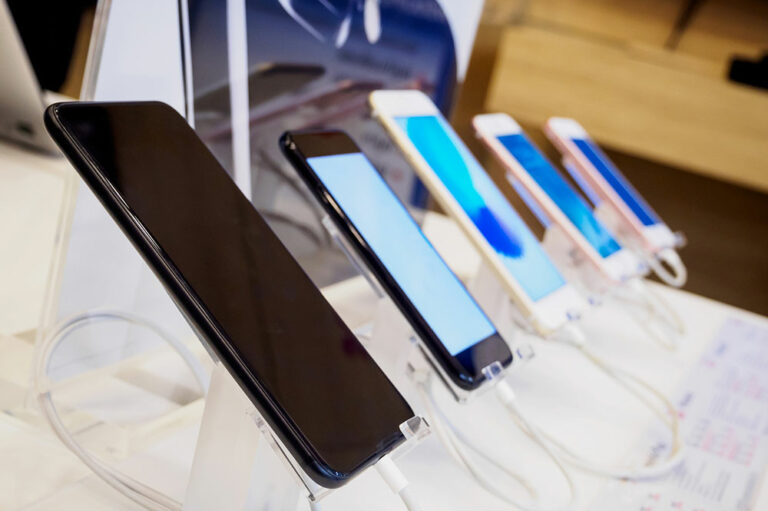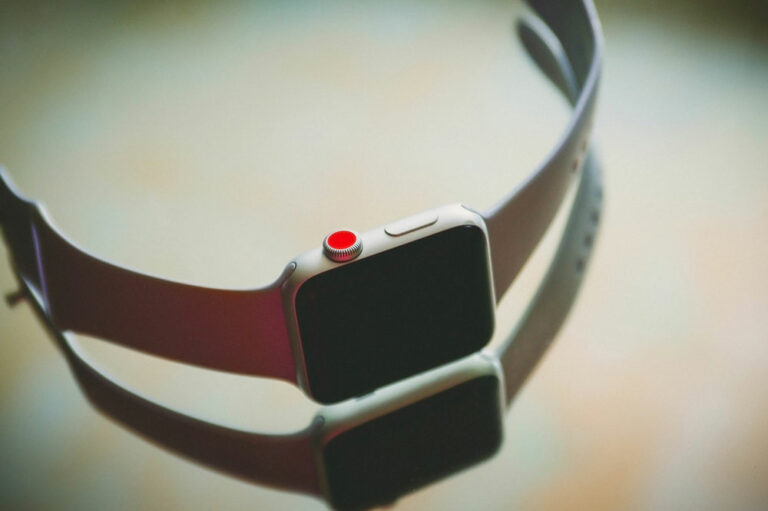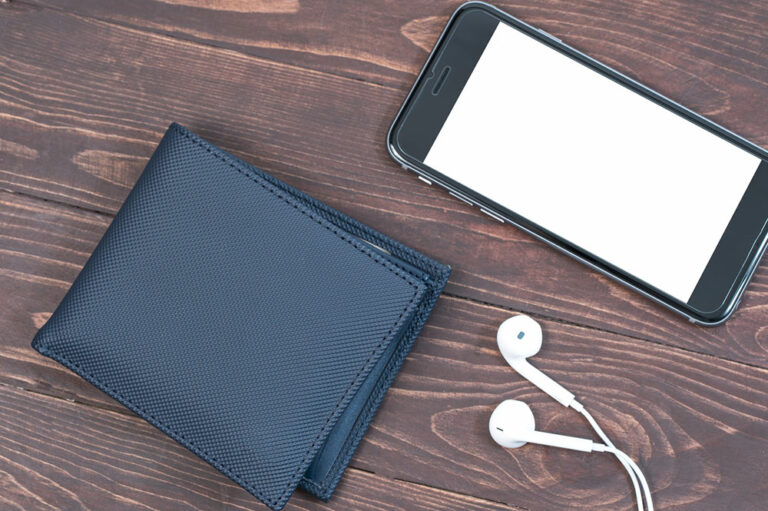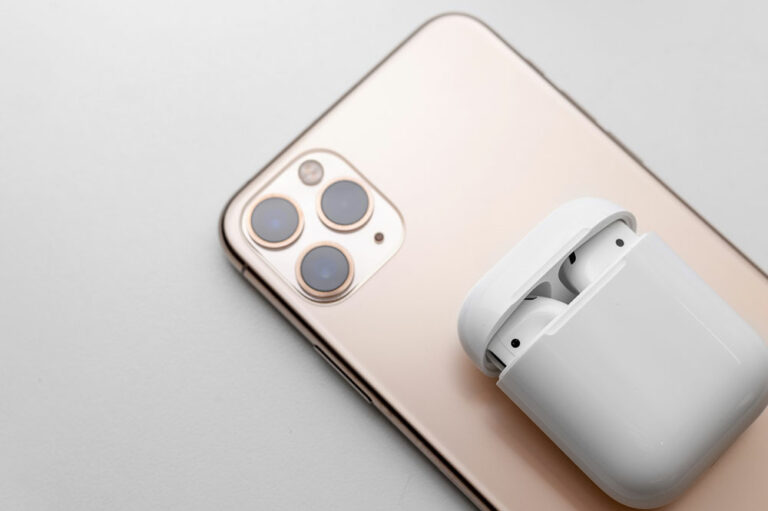8 iPhone habits to break today

In the age of smartphones, it is easy to fall into habits that may seem harmless but can negatively impact the iPhone’s performance. Furthermore, these habits can be detrimental to the overall user experience. From overloading the device with unnecessary apps to neglecting essential software updates, there are several habits iPhone users should reconsider. Here are ten iPhone habits that, when discontinued, can provide a more efficient and enjoyable experience with one’s device.
Ignoring software updates
One of the most common iPhone habits to break is ignoring those persistent software update notifications. Apple regularly releases updates to enhance security, fix bugs, and improve overall performance. Neglecting these updates can leave one’s iPhone vulnerable to security threats. Moreover, it can cause compatibility issues with newer apps.
Overloading with unused apps
It is easy to accumulate a plethora of apps over time, many of which one no longer uses. These apps consume storage space, slow down the device, and clutter the home screen. So, it is important to take the time to declutter and uninstall apps that are no longer useful.
Disabling app permissions without reviewing
While it is crucial to safeguard one’s privacy, mindlessly disabling app permissions can hinder the user experience. Instead of denying all permissions outright, review them on a case-by-case basis and grant access only when necessary.
Leaving Wi-Fi and Bluetooth always on
Many users tend to leave their Wi-Fi and Bluetooth connections turned on all the time, even when they are not actively using them. This habit can drain the iPhone’s battery faster and potentially expose the device to security risks. So, one must turn off these features when not in use to conserve battery life and enhance security.
Ignoring iCloud backup reminders
Apple’s iCloud offers a convenient way to back up data, ensuring that all the important information remains safe. Ignoring backup reminders is a habit that can lead to data loss in case of device failure or loss. It is a good habit to regularly back up the iPhone to avoid this unnecessary risk.
Force-closing apps frequently
Contrary to popular belief, force-closing apps in the app switcher is not necessary for improving the iPhone’s performance. iOS is designed to manage app processes efficiently, and force-closing apps may actually consume more battery power by constantly restarting the apps one frequently uses.
Ignoring Screen Time reports
Apple’s Screen Time feature provides valuable insights into one’s digital habits. Ignoring these reports can lead to excessive screen time and reduced productivity. It is crucial to review one’s Screen Time data to identify areas where one can cut back and save time.
Keeping notifications always on
Constant notifications can be distracting and disrupt one’s focus. It helps to customize the notification settings to receive only the most essential alerts. By doing so, one can regain control over their iPhone usage and reduce digital distractions.










